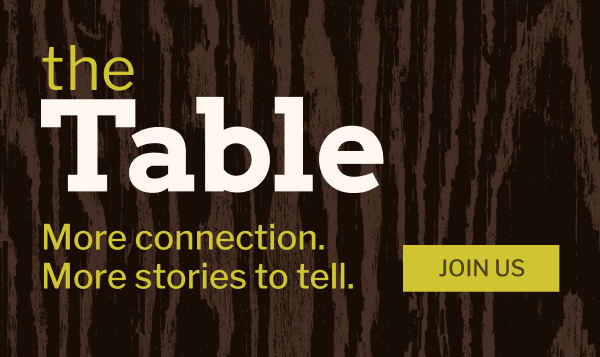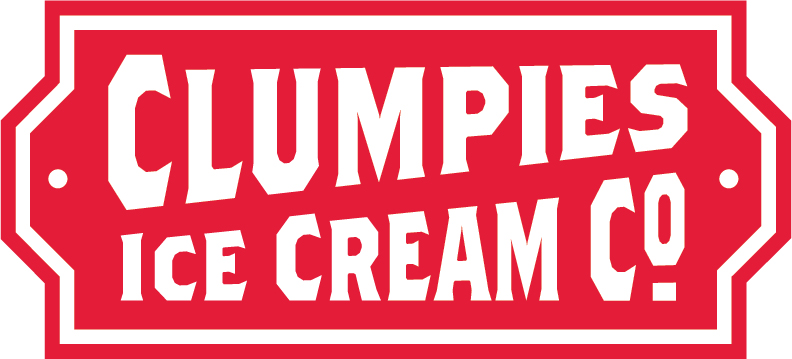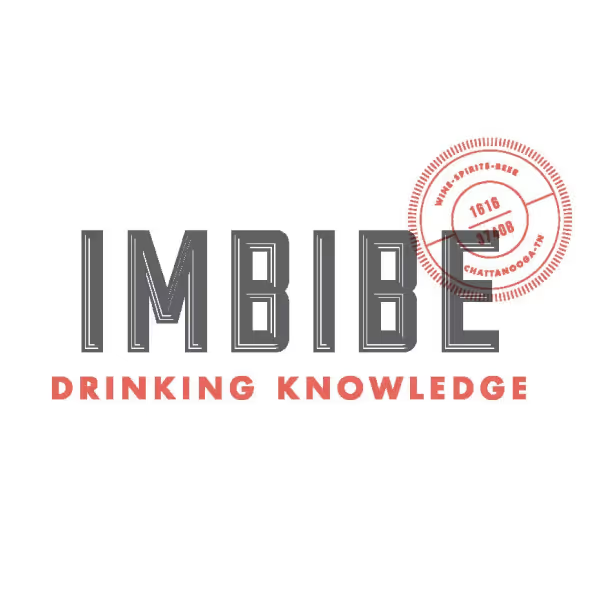
Feeding Our Brains Well: an Attempt at Abolition
Don't follow us. Join us.
Food as a verb thanks
for sponsoring this series

Food as a Verb family,
All week, we'd been planning to publish our Sunday story about a regional farmer whose life story needs honoring.
He'd been in the Pentagon on 9/11. Helped start Chattanooga's first farmer-centric market of the modern era.
And, after a cancer diagnosis, he stopped spraying chemicals in hopes of creating something healthier.
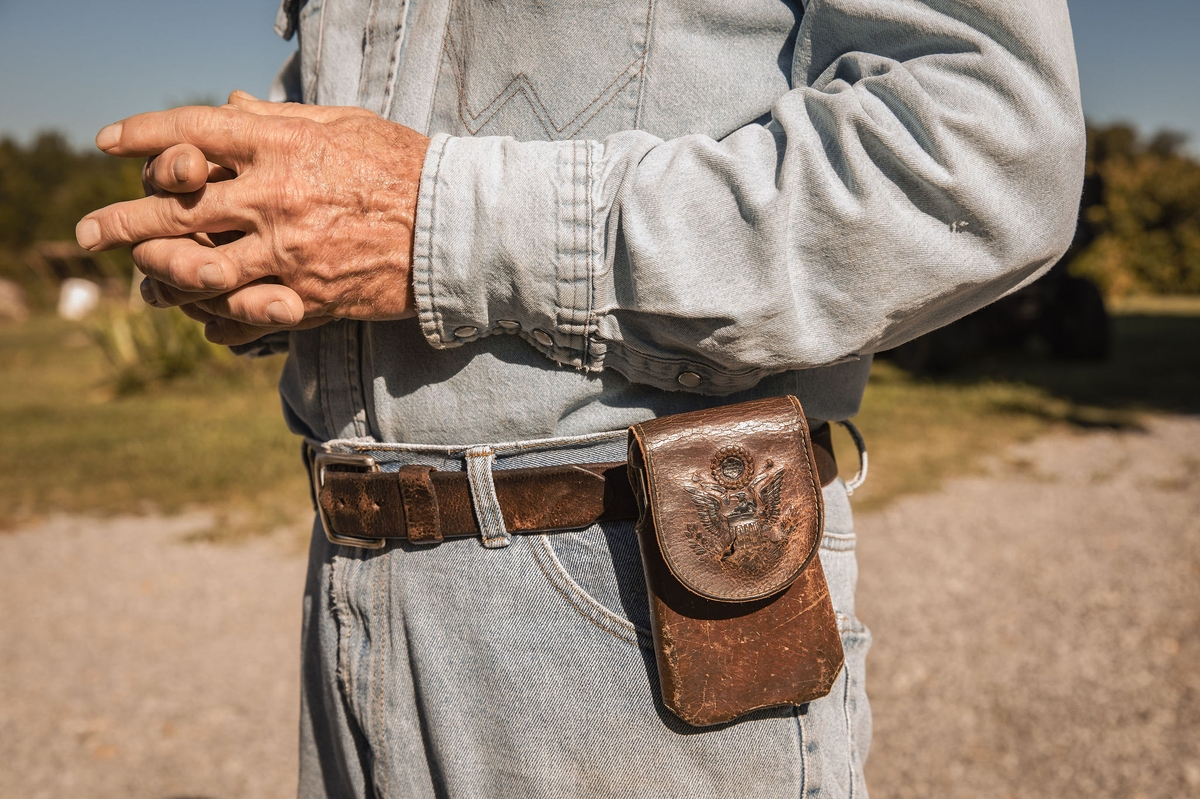
Then, Wednesday happened.
And it feels like another kind of 9/11 in this country.
So, we're pausing.
This farmer? We really respect him. But things can't be received well in the midst of grief and fear. The right words at the wrong time ... don't land.
His story will publish soon, but not today.
There are many things — too many — being said right now since since Wednesday's murder of Charlie Kirk; we would like to gently elevate two.
The first from Utah's governor.
Social media "is a cancer on our society," he said.
The second? It's from Sarah.
"Feeding our brains well is just as important as feeding our bodies well," she said.
When our farmer stopped overusing chemicals, all these good things — river cane, birds, native plants, his own health — returned.
Can we treat our own minds with the same care?
Social media is playing a large role in the disfiguring of our society. It is a form of vandalism, spraying harm — fear, delusion, division — on the fields of our consciousness.
Its damage far outweighs its benefits — start here and here — and, as you begin to pull back the curtain, you see quite clearly:
Social media is a systemic algorithm-machine that cares not for human welfare but only for capturing human attention and, by extension, profit.
So, we're pausing our social media accounts.
It may not seem like much, but it's our way of acting, of turning the tables, if only by a little. Of washing our hands — if only briefly — of a system that feels vampiric. Of creating space so that other things — wholesome, non-screen things — can fill the gaps. Of attempting some form of abolition.
For the following week, we're going inactive on Instagram and Facebook.
Don't follow us.
Join us.
We launched Food as a Verb as a countermeasure to alarmism, click-bait agitation and fear. We launched it as an act of joy and faith:
Yes, the human heart always has a propensity for violence.
But it also — so much, much more so — is able to love, connect and savor.
Social media is not helping. It is pushing us towards violence and reactivity and further away from our immeasurable capacity to love bravely, gently and firmly.
If this farmer can stop spraying chemicals on the land, can we also stop spraying harm on our minds?
"We all want simple things," one friend said. "To love and be loved."
With great love and gratitude for each and all of you,
David, Sarah and Alex
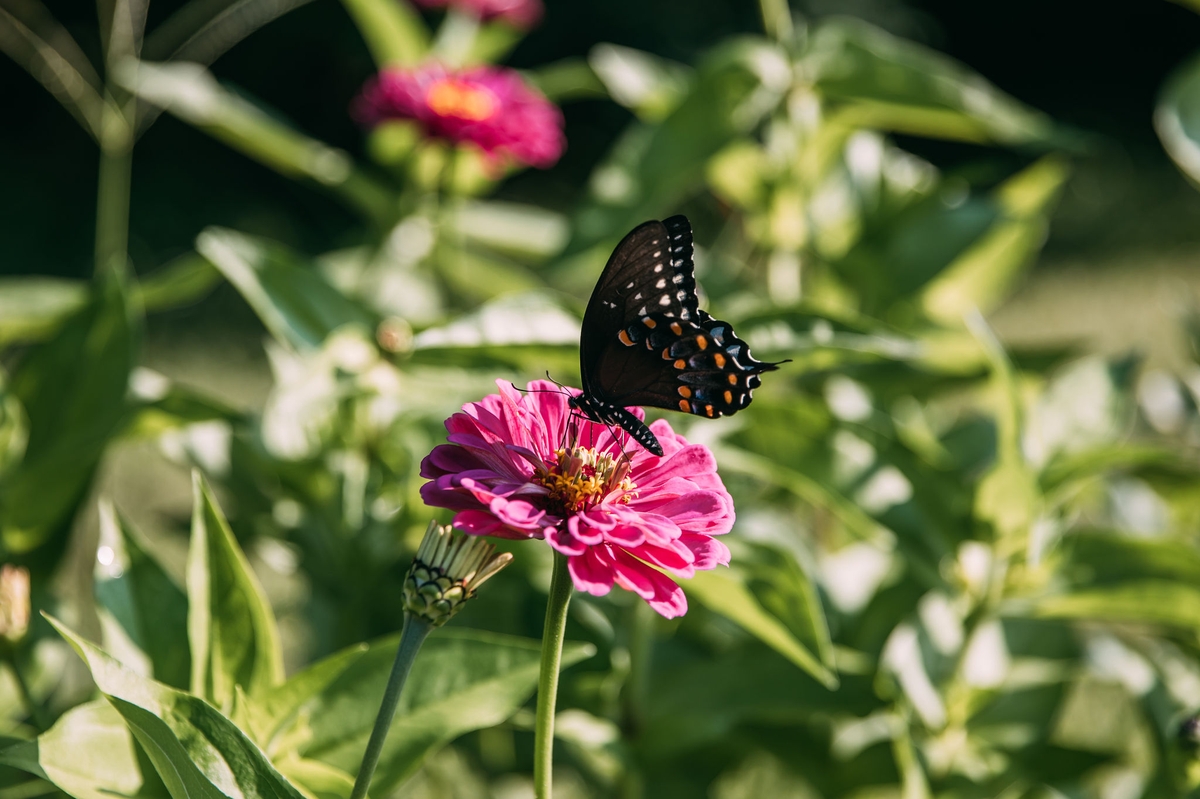
Story ideas, questions, feedback? Interested in partnering with us? Email: david@foodasaverb.com
This story is 100% human generated; no AI chatbot was used in the creation of this content.
Food as a Verb family,
All week, we'd been planning to publish our Sunday story about a regional farmer whose life story needs honoring.
He'd been in the Pentagon on 9/11. Helped start Chattanooga's first farmer-centric market of the modern era.
And, after a cancer diagnosis, he stopped spraying chemicals in hopes of creating something healthier.

Then, Wednesday happened.
And it feels like another kind of 9/11 in this country.
So, we're pausing.
This farmer? We really respect him. But things can't be received well in the midst of grief and fear. The right words at the wrong time ... don't land.
His story will publish soon, but not today.
There are many things — too many — being said right now since since Wednesday's murder of Charlie Kirk; we would like to gently elevate two.
The first from Utah's governor.
Social media "is a cancer on our society," he said.
The second? It's from Sarah.
"Feeding our brains well is just as important as feeding our bodies well," she said.
When our farmer stopped overusing chemicals, all these good things — river cane, birds, native plants, his own health — returned.
Can we treat our own minds with the same care?
Social media is playing a large role in the disfiguring of our society. It is a form of vandalism, spraying harm — fear, delusion, division — on the fields of our consciousness.
Its damage far outweighs its benefits — start here and here — and, as you begin to pull back the curtain, you see quite clearly:
Social media is a systemic algorithm-machine that cares not for human welfare but only for capturing human attention and, by extension, profit.
So, we're pausing our social media accounts.
It may not seem like much, but it's our way of acting, of turning the tables, if only by a little. Of washing our hands — if only briefly — of a system that feels vampiric. Of creating space so that other things — wholesome, non-screen things — can fill the gaps. Of attempting some form of abolition.
For the following week, we're going inactive on Instagram and Facebook.
Don't follow us.
Join us.
We launched Food as a Verb as a countermeasure to alarmism, click-bait agitation and fear. We launched it as an act of joy and faith:
Yes, the human heart always has a propensity for violence.
But it also — so much, much more so — is able to love, connect and savor.
Social media is not helping. It is pushing us towards violence and reactivity and further away from our immeasurable capacity to love bravely, gently and firmly.
If this farmer can stop spraying chemicals on the land, can we also stop spraying harm on our minds?
"We all want simple things," one friend said. "To love and be loved."
With great love and gratitude for each and all of you,
David, Sarah and Alex

Story ideas, questions, feedback? Interested in partnering with us? Email: david@foodasaverb.com
This story is 100% human generated; no AI chatbot was used in the creation of this content.


